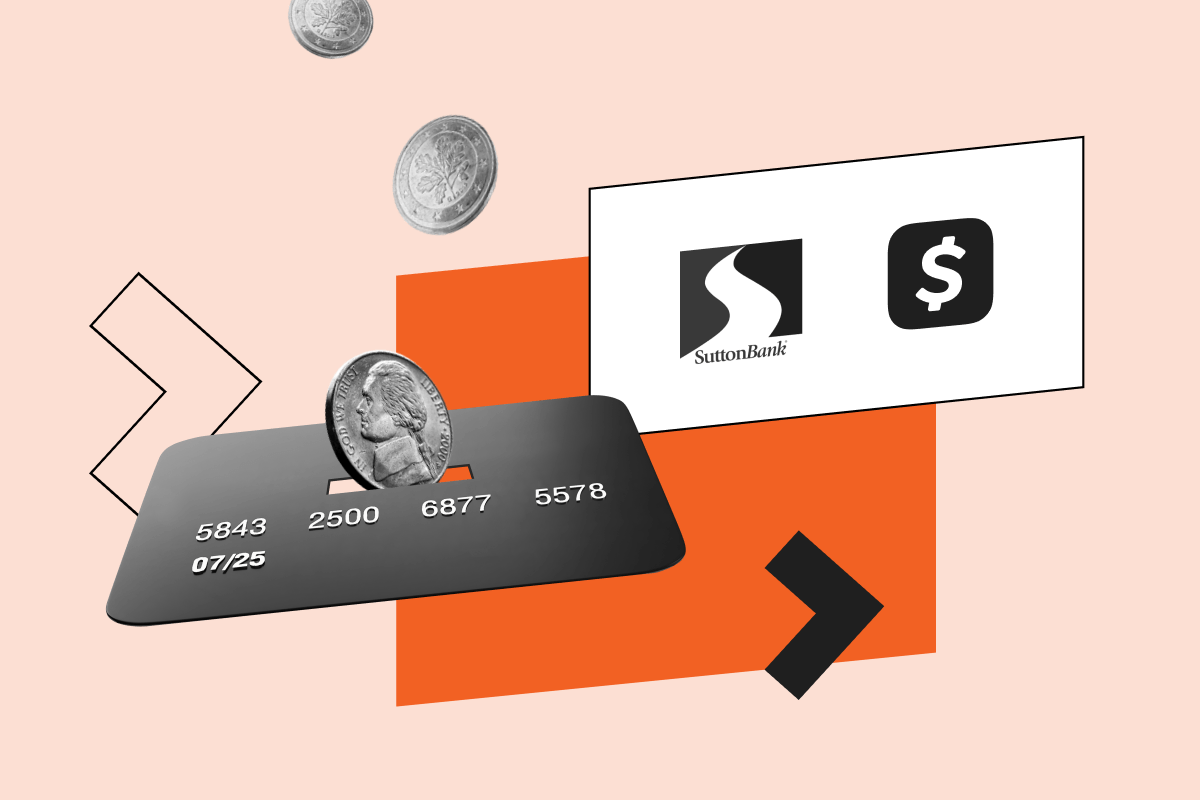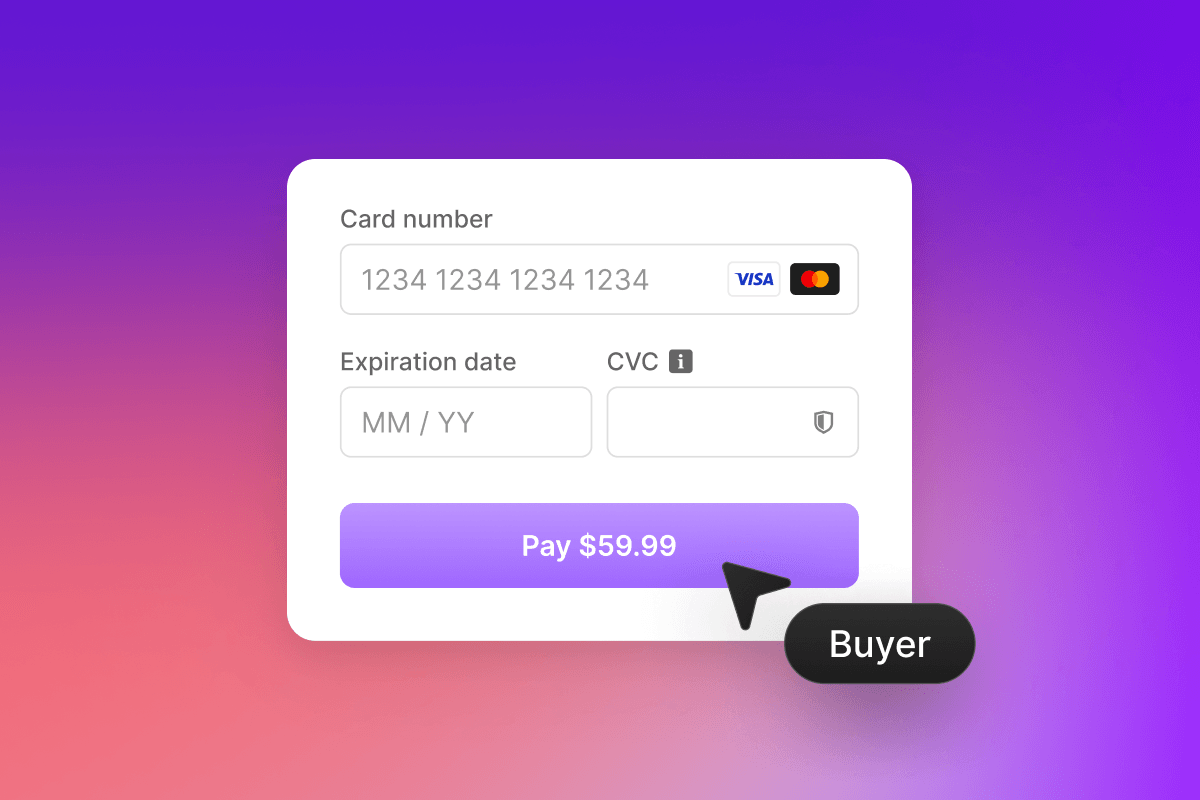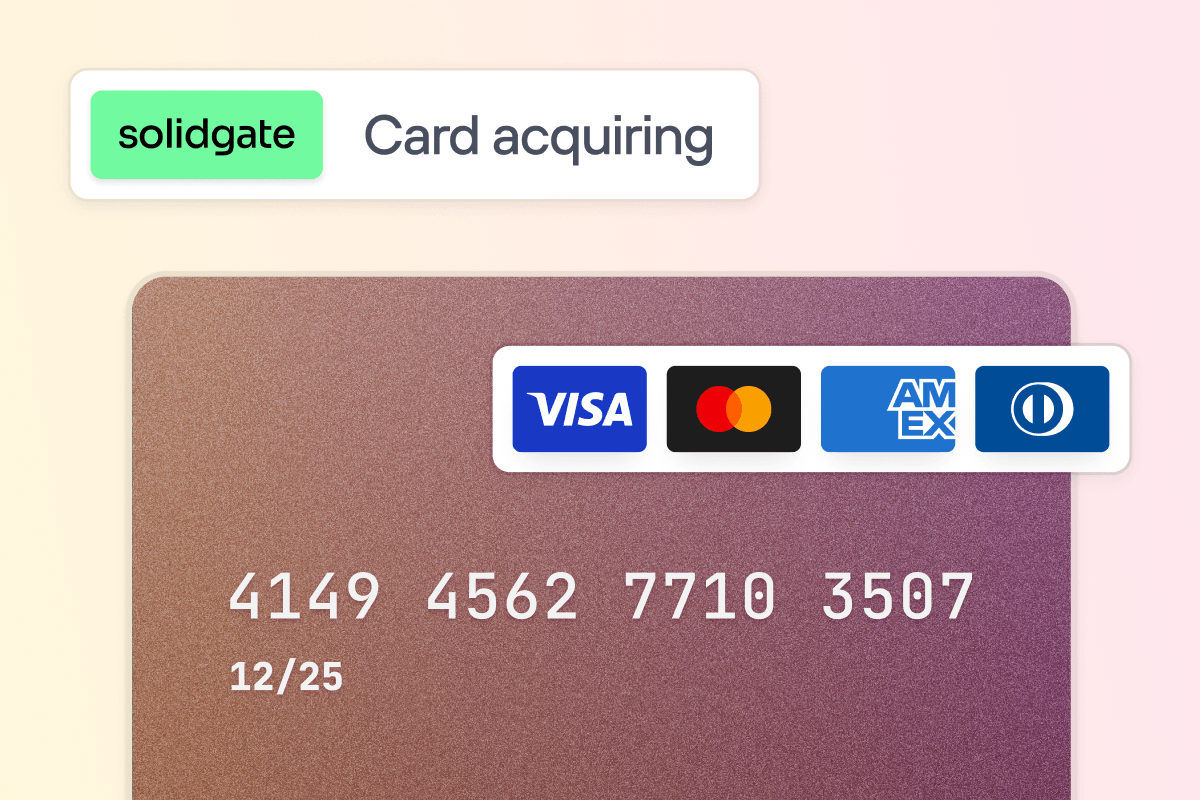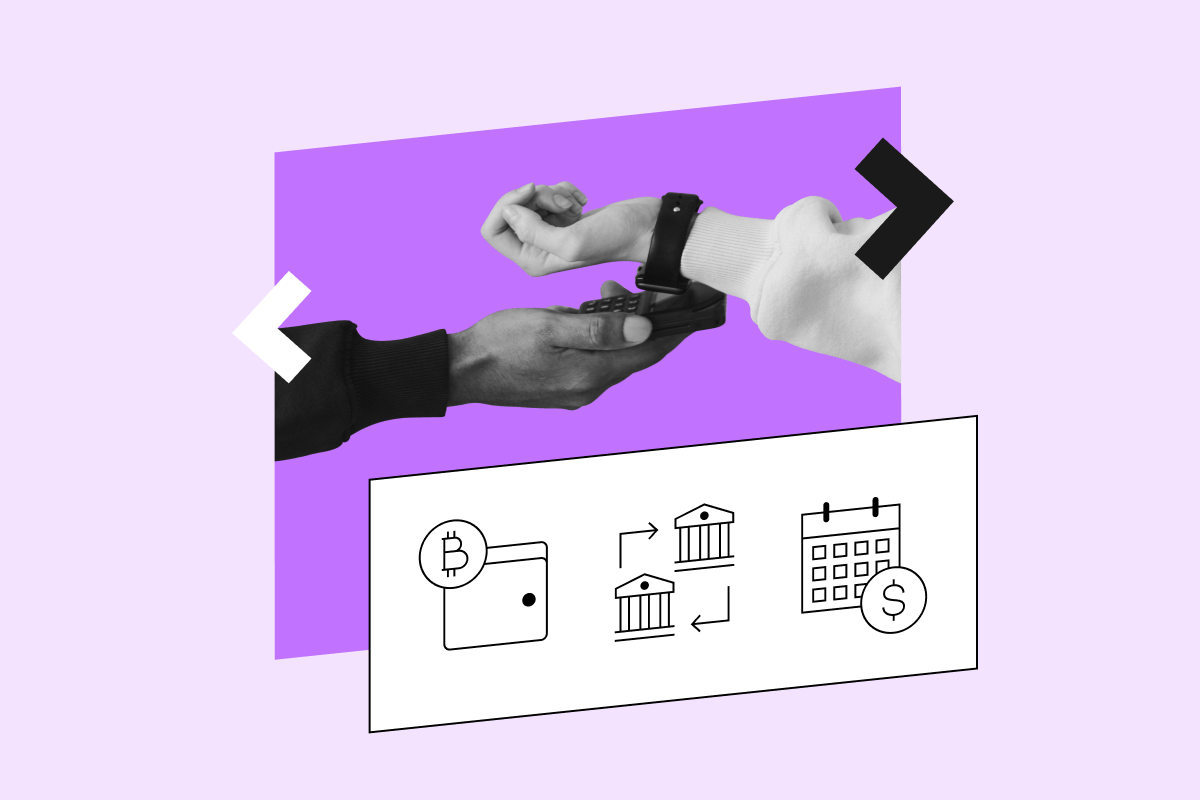What you need to know about Sutton Bank’s prepaid cards for Cash app
Industry
11 Aug 2023
6 min

Prepaid cards, P2P transfers, and dispute prevention - explore Cash App features, merchant considerations, and how to reduce chargeback risks.
What is Sutton Bank, and how is it linked to Cash App?
Sutton Bank is a privately held, independent community bank founded in 1878 and currently headquartered in Attica, Ohio. With its initial purpose to serve the growing needs of local merchants and farmers, the bank has long been a community pillar, staying strong through the Great Depression, times of war, and fluctuating economies.
Cash App is a financial technology app developed by Square, a popular . In December 2021, Square changed its corporate name to Block, separating the corporate entity from its subsidiary businesses that it calls its “building blocks”, namely Square, Cash App, Spiral, Tidal, and TBD. Cash App’s core product is a mobile money management platform that you can use to send and receive money from other people and companies, and it is currently only available in the United States.
Cash App outsources basic banking functions to two FDIC-insured partner banks, Sutton Bank and Lincoln Savings Bank. Sutton Bank Cash App provides Prepaid Debit Card (Cash Card) related services and is by far the more visible bank partner. When Cash App users apply for a Cash Card to make online and offline transactions, the Cash App debit card is offered by Sutton Bank.
Lincoln Savings Bank supports the Direct Deposit feature of the Cash App. Cash App also provides access to market-traded securities and bitcoin. This is done through Cash App Investing, LLC, a subsidiary of Cash App. Cash App’s bank partners are not directly involved in its investment services.
What are the specifics of Cash App
Cash App is a platform that facilitates peer-to-peer (P2P) money transfers for both consumers and merchants through its mobile application.
In order to log in to Cash App, users aren’t required to hold a bank account, as the app will work normally without a connected bank account. Nevertheless, if a user wants to access their Cash App balance easily and especially use that balance for real-life purchases, they will need a Cash Card. Furthermore, users will need to link their Cash App card to Apple Pay or Google Pay to make transactions. Once the account is set up, users can easily send money to friends, family, and businesses, provided the recipient also has a Cash App account. The money received will be added to the user’s Cash App balance, which can then be transferred to a bank account.
For merchants, it is important to have a “business account” on Cash App. Converting a personal account to a business account can be done easily by going to the “Edit Profile” tab in the app. With a business account, merchants can from customers through payment links and QR codes.
Conversion on prepaid cards from Sutton Bank
For first payments, the conversion rate for prepaid cards from Sutton Bank in the US location is higher than in the EEA (European Economic Area), only failing on the MCC 7273 (Dating and Escort Services). For dating businesses, the conversion rate on Sutton Bank’s prepaid cards is between 10% and 25%.
For recurring payments, the higher the amount of a transaction is, the lower the conversion rate. On average, conversion for transactions with a token is not higher than 10%.
Prepaid cards are rarely eligible for processing recurring payments, as they have a limit on their funds. For example, prepaid cards with BIN 411810 simply do not process recurring payments; thus, the “Invalid Transaction” error is returned. It is worth mentioning that when a prepaid card runs out of funds, its number becomes incorrect, and accordingly, the “Invalid card number error” is returned for subsequent transactions.
Dispute a transaction in Cash App
Fraud on the Cash App platform has been widely reported, making it critical for Square and Sutton Bank to provide proper and adequate dispute procedures for their customers.
Cardholders can dispute a transaction if the item was significantly not as described, never arrived, arrived damaged, there were incorrect charges, or if there were fraudulent charges made on their account, by contacting Cash App’s support through the app, website, phone, or mail.
If fraud is suspected on a Cash App account linked to a credit card, users should contact their bank and Cash App immediately to report the fraud and dispute the charge. Reporting fraud to the FTC is also recommended to help prevent future occurrences.
Upon completing a transaction with a Cash Card, the buyer’s account is debited before the transfer to the merchant’s account; during this ten-day pending period, cancellations are possible, but disputes are not allowed.
When filing disputes on Cash App, cardholders must provide evidence to support their claims, and the merchant or service provider will have a chance to respond with their own evidence. Filing invalid disputes can result in serious consequences.
For cardholders, there are two potential outcomes of a Cash App dispute:
- The Cash App rules in favor of the cardholder, and the funds from the transaction are returned.
- The Cash App rules in favor of the merchant, and the funds from the transaction are returned to the merchant.
If the cardholder cannot provide proof to support their claim, the funds will be taken from their account and given back to the merchant. P2P payment apps like Cash App are vulnerable to fraud, including scams using stolen bank account information to fund Cash App accounts, as discussed in the previous section.
Consequences of Cash App disputes for merchants
If Cash App determines that no fraud has occurred and the merchant provides evidence to support their case, the company may side with the merchant and return the funds to their account.
If Cash App determines that the merchant didn’t provide the goods or services described to the customer, funds may be returned to the cardholder. It could also happen in the event of fraud.
If a merchant accepts the request, the process takes up to 10 days, and the funds are returned to the buyer.
If the matter remains unresolved, the cardholder has the right to file a chargeback with their , which can result in chargeback fees and penalties for the merchant.
Even though P2P apps like Cash App may not pose as much of a direct chargeback threat, the dispute process is still a significant risk to consider before using this option for payment.
Consider these scenarios:
- Best-case scenario for merchants is if Cash App rules in their favor and returns the funds to their account.
- Worst-case scenario for merchants is if the cardholder files a chargeback, which can result in chargeback fees and penalties.
- In cases where the cardholder has a credit or debit card linked to their account, they can still file a chargeback, resulting in revenue loss and additional fees for the merchant.
Prevent Cash App chargebacks & disputes
Under US law, chargebacks exclusively pertain to payment card transactions. Thus, merchants cannot use the chargeback process for transactions made through Cash App that don’t involve a credit or debit card, which may be appealing for those who want to avoid chargebacks.
Cash App may not be suitable for all businesses, especially enterprise operations, and customer support is limited. Strong anti-fraud tools and tactics, such as address verification, CVV checks, and risk threshold rules, are essential when using Cash App for business to mitigate chargeback and fraud risks.

Conclusion
Cash App has an in-house dispute process for chargebacks that begins after the payment finalizes. Chargebacks are only applicable to credit or debit card payments, not bank transfers or Cash App balances. Merchants need to present evidence of transaction legitimacy, and being deemed fraudulent may result in Cash App banning the business from the platform. Fraud prevention measures, such as collecting transaction information, can help merchants avoid friendly fraud. Cash App cannot be the sole source of payment processing for businesses, as it only supports payments from other Cash App accounts.
Understanding the Cash App dispute process and maintaining good business practices can help businesses avoid chargebacks and save on account fees. Dispute resolution can take around ten days, but if the merchant contests the dispute, it can take longer. Cash App refunds depend on the circumstances, and scams can be avoided by ensuring legitimate money transfers. Chargebacks on Cash App only apply to card purchases, and users cannot file chargebacks for bank transfers or Cash App balances.



